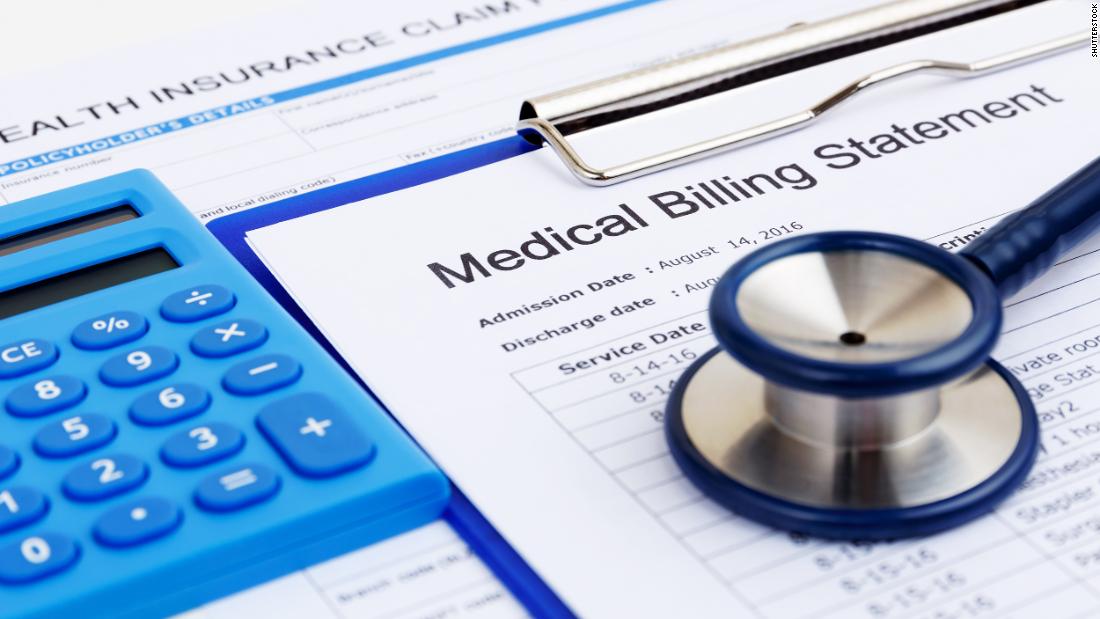Can someone give me a synopsis as to how this could occur (I.e. why this would even be proposed)?
Did the surgeon general have any involvement in this?
I have to imagine that many republican anesthesiologists vote republican for financial reasons- curious how they feel about proposed fee structure under a republican administration?
I am not trying to trigger anyone- just truly a baffling proposal
Did the surgeon general have any involvement in this?
I have to imagine that many republican anesthesiologists vote republican for financial reasons- curious how they feel about proposed fee structure under a republican administration?
I am not trying to trigger anyone- just truly a baffling proposal




